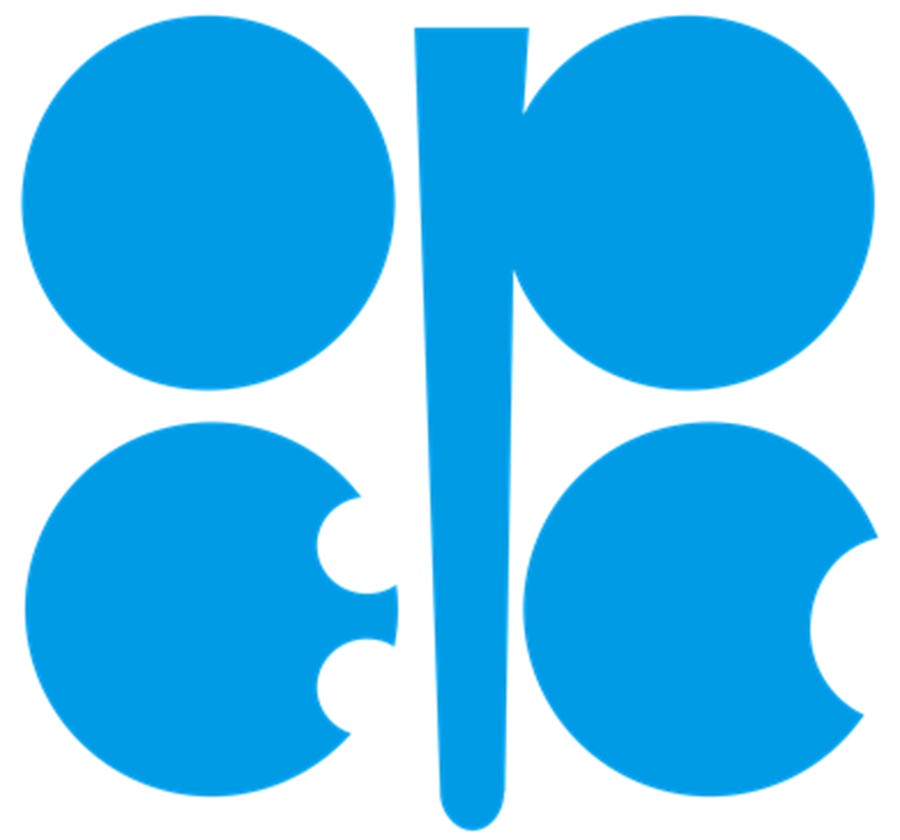The OPEC Fund for International Development (the OPEC Fund) is teaming up with partner organizations in order to address the challenges of food insecurity. The institution signed a Practical Arrangements agreement with the International Atomic Energy Agency (IAEA) and a US$500,000 grant agreement with the World Food Programme (WFP) on the sidelines of the UN Climate Change Conference COP28 in Dubai. The partnerships are aligned with the OPEC Fund’s US$1 billion Food Security Action Plan, adopted in 2022.
OPEC Fund Director-General, Dr. Abdulhamid Alkhalifa, and International Atomic Energy Agency Director-General, Rafael Mariano Grossi, signed a Practical Arrangements agreement to expand cooperation in the area of food security. Both institutions will work together to raise awareness about innovation for sustainable agriculture, including the contributions of nuclear science and technology such as isotopic tracing, radiation-induced mutation breeding and soil fertility mapping, to climate adaptation and food security. The OPEC Fund Director-General also met the Executive Director of the World Food Programme (WFP) Cindy H. McCain.
Following a Memorandum of Understanding signed between the OPEC Fund and WFP in June 2023, today the institutions signed a grant agreement to co-finance a pilot program addressing hunger and malnutrition and preventing child malnutrition in five regions of the Philippines. In addition to a US$500,000 OPEC Fund grant, the government’s Food e-Voucher Programme Walang Gutom (No Hunger) has attracted US$3 million from WFP, Asian Development Bank, Japan International Cooperation Agency and the French Cooperation Agency Agence Française de Développement in order to prepare the rollout of the program at the national level.
OPEC Fund Director-General Alkhalifa said: “Global food insecurity is closely linked to climate change. Since its inception in 1976, the OPEC Fund has been committed to eradicating hunger around the world. Today, we prioritise global food security through a range of initiatives and projects. Promoting sustainable agriculture practices, building resilience and involving innovative technologies will support the delivery of Sustainable Development Goal 2- No Hunger.”
To date, the OPEC Fund has committed more than US$2.6 billion to agriculture projects, representing some 10 percent of its total commitments. In 2022, the institution launched a US$1 billion Food Security Action Plan to be deployed as immediate assistance to cover the import costs of basic commodities, while supporting medium and long-term security of food supply in partner countries. The plan was immediately implemented with a US$100 million loan to Jordan, followed by loans to Zimbabwe (US$15 million each for two projects), Côte d’Ivoire (US$60 million), Paraguay (US$30 million), Uzbekistan (US$50 million), Liberia (US$10 million), Benin (US$14 million), and the Democratic Republic of Congo (US$25 million).








